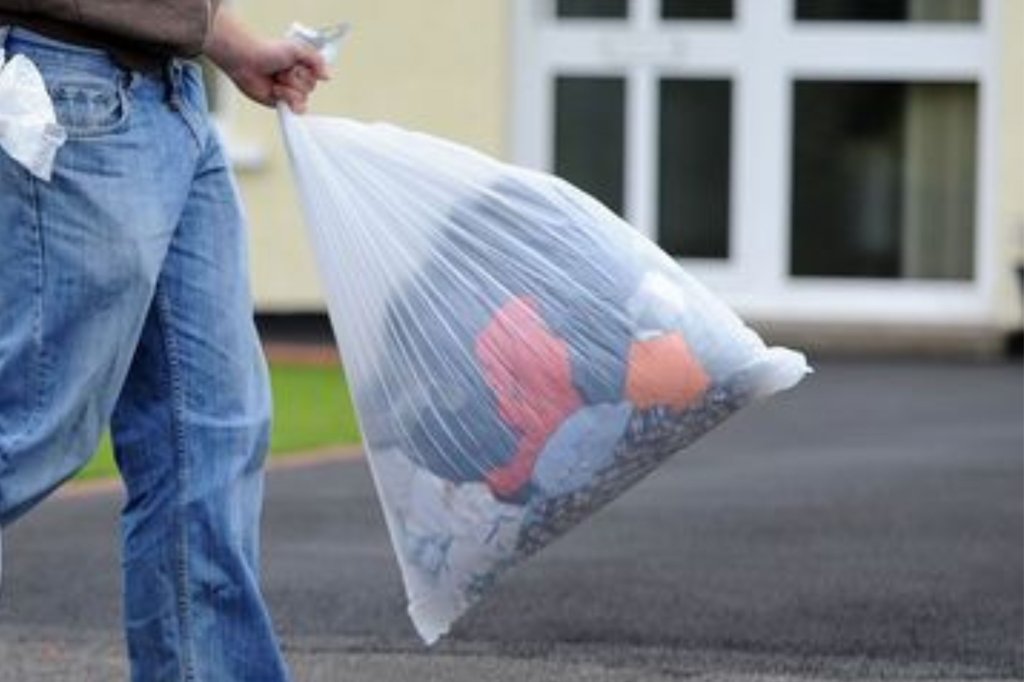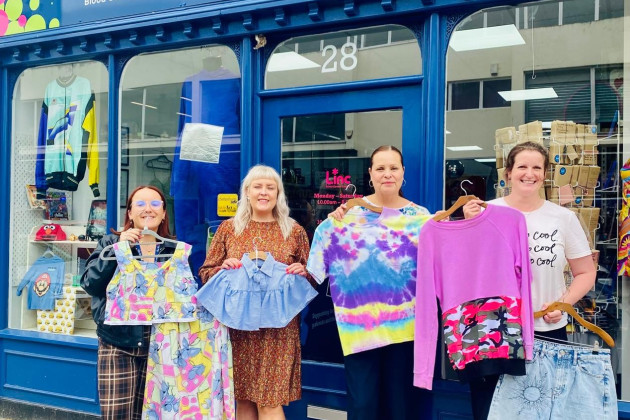
If an offer seems too good to be true, it often is. Rogue operators can create serious problems:
Non-payment or late payment for goods.
Under-declaring weights, leaving you short-changed.
Severe reputational risks if the merchant is linked to waste crime, illegal exports, modern slavery, or wider criminal activity.
To help you avoid these pitfalls, we’ve consulted members and reputable merchants to create a 10-step checklist. Use this whenever you’re approached by an unfamiliar buyer:
Check for TRUST certification:
See if the merchant is certified by TRUST, which audits merchant operations every two years. TRUST certification includes a set of pre-checks of public registers, a credit check and a site visit.Check membership:
Are they a member of a recognised trade association whose membership gives an added layer of accountability:UKFT – UK Fashion and Textiles Reuse & Recycling, contact reuseandrecycling@ukft.org
Ask for references:
Request references from other organisations they work with — and follow up to make sure they’re genuine.Visit their site:
A credible merchant should welcome a site visit so you can see their operation in action.Check registration:
Make sure the company is registered with Companies House and that filings are up to date.Check licences and permits:
Use the public registers to confirm they hold the right waste carrier licences or exemptions:Do a background search:
Google the company name and directors — look for reviews, press coverage, or red flags.Sense-check the price:
If they’re offering much higher prices than anyone else, ask how. Compare against price data in the Charity Retail Associations Quarterly Market analysis and Lets Recycle’s Textile PricesCheck financial standing:
Pay for a business credit check to confirm financial health and stability.Ask other charities:
Speak with neighbouring charity retailers. They may have first-hand experience — good or bad.
A “good deal” can quickly turn into a costly mistake. If an offer feels uncertain, unrealistic, or simply too good to be true, pause and investigate thoroughly before committing. And remember — if you’re ever in doubt, reach out to the Charity Retail Association for support and advice.


